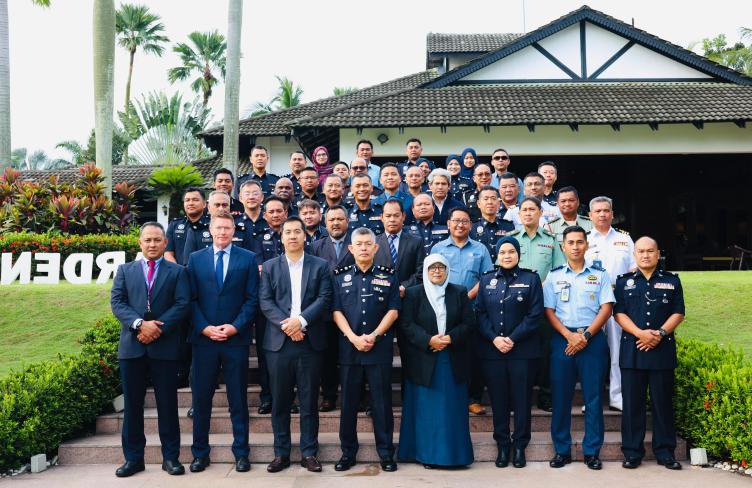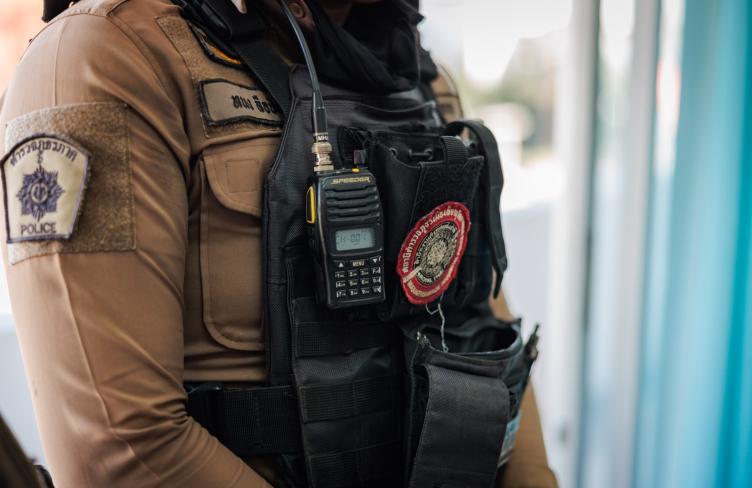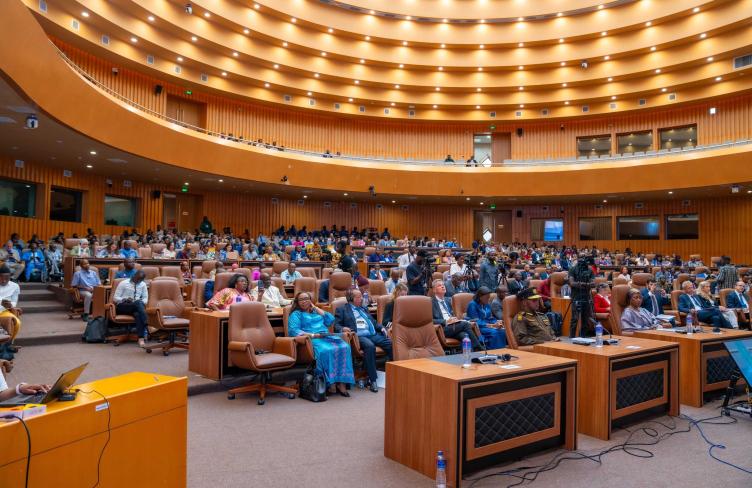
‘In my time as UN Special Rapporteur on Torture, I observed that the most frequent setting where torture and coercion take place is the course of the interrogation of suspects and for the purpose of obtaining confessions’ say Juan E. Méndez, in the foreword of the Principles. To address this, in his last report to the UN General Assembly in 2016 Juan E. Méndez called for the adoption of new guidelines to replace coercive interrogation by rapport-based interviewing and implementation of safeguards.
After almost four years of an expert driven drafting process, the Association for the Prevention of Torture, together with the Anti-Torture Initiative and the Norwegian Centre for Human Rights, have the pleasure of unveiling the ‘Principles on Effective Interviewing for Investigations and Information Gathering’ that we refer to as the ‘Mendez Principles’.
On 9 June 2021, the APT, ATI and NCHR organised a public webinar to unveil the Principles on Effective Interviewing. For more information on the event, including the list of distinguished speakers please refer to this document. To watch the full session, please follow this link.
These new Principles aim to transform the relationship between States and their citizens. They are intended to change how public authorities conduct interviewing and as a result improve trust in the State. Grounded in science, law and ethics, the Principles propose a concrete alternative to interrogation methods that rely on coercion to extract confessions. They provide guidance on obtaining accurate and reliable information in full respect of the human rights and dignity of all, including through the implementation of legal and procedural safeguards in the first hours of police custody.
These Principles have been drafted by a Steering Committee composed of 15 women and men from different regions and different fields of expertise such as interviewing, law enforcement, human rights, psychology or intelligence. Mark Thomson, former Secretary General of the APT joined Juan Méndez in Co-Chairing this initiative.
This document is unique in that it brings together guidance on conducting non-coercive and rapport-based interviews, with the effective implementation of legal and procedural safeguards throughout the interview process, starting from the first moment of contact with authorities. Safeguards, in the first hours of police custody, have been found to play a crucial role in reducing the risks of torture and other ill-treatment.
These six Principles range from setting the foundations of effective interviewing, in science, law, and ethics, to offering guidance on the practice of interviewing, including for persons in situation of vulnerability, on training, accountability, and implementation. They are intended to inspire policymakers to take the measures necessary to review and reform the questioning practices within their jurisdiction.
The APT supported the process since its inception and, together with the Anti-Torture Initiative and the Norwegian Centre for Human Rights, facilitated the meetings of the Steering Committee. The APT also contributed to the drafting and editing of the Principles.
‘The finalisation of the Principles on Effective Interviewing* represents a huge step. They will contribute to changing police practices worldwide by, at the same time, reducing torture and ill-treatment and ensuring better outcomes for investigations. Presumption of innocence will be respected and justice served, making societies safer for all.’ welcomed Barbara Bernath, APT Secretary General.
She added that ‘The APT will now support efforts towards implementation by States as well as engage in advocacy for endorsement by the United Nations’.
The United Nations General Assembly, the Human Rights Council, the UNODC Crime Congress, and the UN High Commissioner for Human Rights have already welcomed this initiative.
*Please note that the List of Contributors may still be subject to changes in the coming weeks


